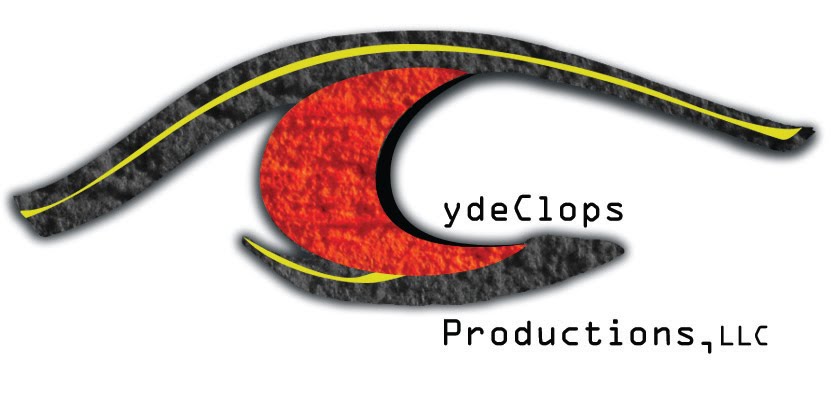Earned Media is not a paid media. Any media that takes cash for editorial credit is not worth your time and is definitely not credible – unfortunately, with the exception of fashion magazines. What's more, a pay-for-play approach may end up hitting the negative headlines for trying to deceive.
Earned Media requires being interesting and open. Have a great story to tell – must be real, credible, and meaningful so that any fan, consumer, media company, media member, blogger or tech-empowered person will think it is worth listening to and sharing.
Listen to the people you hired to help you. It does not make sense to hire a marketing or PR person or agency only to ignore them when they tell you that the story you're presenting is either too boring, a lie or, even worse, a lie that'll get found out. PR people are prone to saying "yes, I know it's bullshit, but it's what they wanted to say." Not only is going against their advice a waste of your money, but it undermines your PR people's credibility and therefore your ability to earn media when you do have something to say.
You can't control the message. Despite the popular tabloid moniker, PR is not a doctor service and shouldn't be spinning. PR helps you communicate something demonstrably true. If you need to know how the message will look when it is shared with the public, stick to ads. When it doesn't come out quite like you'd imagined, don't scream at the PR person or the journalist or blogger in question. You'll just make influential enemies. If your message does come out exactly as you hoped, make a note that the journalist in question has no integrity and will soon have no readers, or thank your stars that you got lucky.
PR is NOT cheaper than advertising, or more expensive, just different. PR agencies have done little to dispel this common misconception, for obvious reasons. But its like saying that watching a concert on TV is the same as actually being at the concert.
PR will never replace advertising. You often need one, and then the other. Ideally, they both should be operating in harmony, orchestrated by the same conductor. Without advertising, there'd be no editorial opportunity. Advertising boasts what you can do. PR will show what you’ve done. Take for example a new band trying to break into music. Marketing companies and labels do their best to advertise them thru shopping their songs and getting their faces everywhere. It’s the job of PR to review their music, their shows, their activities off the stage, or their contributions to community. Without advertising, no one will ever know who you are. Without PR, no one will ever know what you’re about.



No comments:
Post a Comment